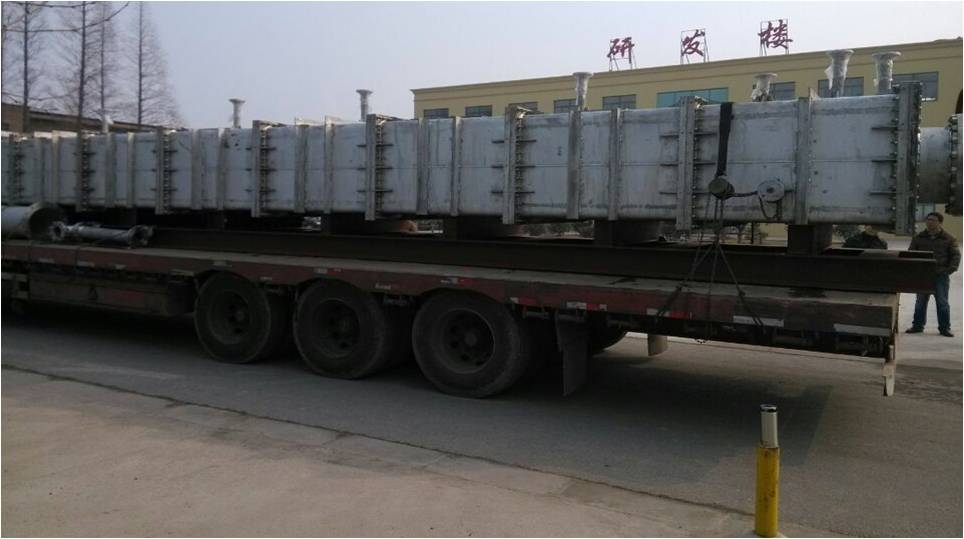- This topic is empty.
-
AuthorPosts
-
2025-04-24 at 3:12 pm #3447
https://www.jsksintelligent.com/Understanding-the-Hydrogen-Fluoride-HF-Gas-Analyzer-Principles-and-Applicati.html The hydrogen fluoride (HF) gas analyzer plays a critical role in safeguarding environments where HF gas is used or produced. Hydrogen fluoride, known for its strong corrosiveness and toxicity, is commonly found in industries such as semiconductor manufacturing, chemical processing, and glass etching. The ability to detect even trace levels of HF is essential for ensuring workplace safety, environmental protection, and process efficiency.

Principle of Operation
At its core, the hydrogen fluoride (HF) gas analyzer operates based on the principle of gas-specific detection. By identifying the unique interaction between HF molecules and light or chemical sensors, the analyzer can determine the presence and concentration of HF in the air.
One common theoretical approach is spectroscopy, particularly laser-based or infrared techniques. These methods rely on the fact that HF molecules absorb light at specific wavelengths. When light passes through a sample containing HF, certain wavelengths are absorbed more than others. This absorption pattern is analyzed to determine the gas concentration.
Another common method involves chemical sensing, where the presence of HF triggers a chemical reaction that produces a measurable signal. These signals are then interpreted to indicate HF levels.
Detection Methods
The detection methods used in HF gas analyzers vary, but the most common include:
-
Infrared Spectroscopy – Utilizes the absorption characteristics of HF molecules in the infrared region.
-
Laser Spectroscopy – Offers precise targeting of HF’s unique absorption lines using tunable lasers.
-
Electrochemical Sensors – Detect HF through chemical reactions that generate an electrical signal.
These detection principles ensure that the analyzer remains specific to HF gas, minimizing interference from other gases in the environment.
Data Interpretation and Monitoring
Once HF is detected, the analyzer converts the signal into readable information through built-in data analysis algorithms. These systems are designed to continuously monitor environmental conditions and issue warnings when HF levels exceed safe limits.
The data can also be integrated into broader monitoring systems, enabling centralized control and historical tracking. This integration supports proactive safety measures and compliance with industrial regulations.
Importance of HF Gas Analyzers
The significance of a hydrogen fluoride (HF) gas analyzer extends beyond simple detection. It is a cornerstone of safety protocols in industries where HF is present. Exposure to even small amounts of hydrogen fluoride can cause serious health effects, making real-time monitoring essential.
Moreover, accurate HF detection helps prevent equipment corrosion, supports environmental safety, and contributes to overall operational efficiency. By identifying leaks or process abnormalities early, industries can take immediate corrective action.
The hydrogen fluoride (HF) gas analyzer is a vital instrument that combines scientific detection principles with practical monitoring needs. Whether through light absorption or chemical response, its core purpose remains the same: to provide reliable, real-time insight into the presence of a dangerous gas. As industries continue to prioritize safety and sustainability, the role of HF gas analyzers will only become more important.
http://www.jsksintelligent.com
Jiangsu Kesheng Intelligent Manufacturing Co., Ltd. -
-
AuthorPosts
- You must be logged in to reply to this topic.